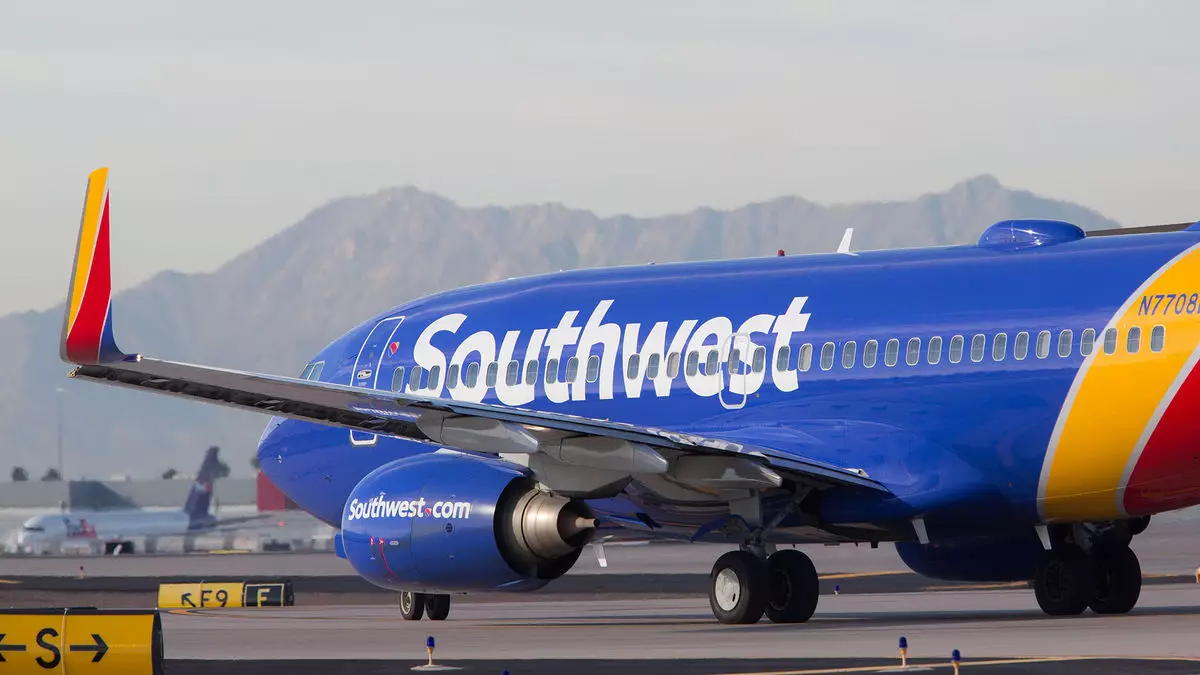Southwest Airlines is poised to embark on an exciting chapter as it introduces its first airline partnerships, starting with Icelandair in the coming year. This marks a significant shift for Southwest, which has historically prided itself on its independence and refusal to engage in collaborative agreements that dominate the airline industry. By embracing partnerships, Southwest is not only broadening its operational horizon but also enabling its customers to access a wider array of travel options—particularly through Icelandair’s extensive European network. This strategic move is anticipated to begin from Southwest’s Baltimore base, with plans for expansion to various U.S. cities throughout the next year.
Such partnerships indicate a willingness to adapt in an evolving aviation landscape. This new strategy could allow Southwest to tap into new markets and increase its competitiveness as other airlines continue to explore alliances. It’s an evolution that highlights the airline’s responsiveness to both market pressures and customer needs, positioning it favorably in the eyes of investors and travelers alike.
Continuing the theme of innovation, Southwest Airlines is set to implement a new assigned seating policy, shifting away from its traditional open-seating system. This change has been a long-talked-about evolution in the airline’s service model. By introducing assigned seating, Southwest is aiming to enhance the passenger experience, making boarding smoother and reducing the chaos often associated with open seating. The transition is expected to roll out in phases, with the first operational flights featuring this new model likely to occur in early 2026.
Southwest’s new approach retains some of its foundational boarding practices, such as position numbers for boarding. Premium customers will have first access to the aircraft, which aligns with industry standards for enhancing customer loyalty and satisfaction. This initiative signals Southwest’s commitment to not only retaining but also expanding its customer base through improved operational procedures.
Another noteworthy development is the introduction of extra-legroom seats, which promise up to five inches more space between rows. This enhancement serves to address a common complaint among air travelers: cramped seating arrangements. By adding these extra-legroom options without sacrificing the already favorable pitch of their standard economy seats, Southwest is underscoring its dedication to passenger comfort and satisfaction.
It is important to note that Southwest will continue to uphold its complimentary policies, such as allowing two checked bags at no extra charge. This commitment to customer-friendly policies may differentiate Southwest from competitors who are increasingly charging for additional services. By tailoring its offerings to maintain value while enhancing quality, Southwest is strategically positioning itself to increase loyalty among frequent flyers while attracting new passengers.
All these initiatives are nesting within a framework that is expected to deliver significant financial returns. Southwest anticipates that these various enhancements could yield approximately $4 billion in incremental earnings before interest and taxes by 2027. The airline’s proactive measures amidst investor challenges, particularly from entities like Elliott Investment Management, reflect a broader strategy to ensure long-term viability and appeal in a highly competitive environment.
Southwest Airlines is embarking on a transformative journey characterized by strategic partnerships, improved passenger services, and an eye towards robust financial growth. As the airline embraces change, it is evident that these developments will not only redefine its operations but also fortify its position in the airline industry moving forward.


Napsat komentář